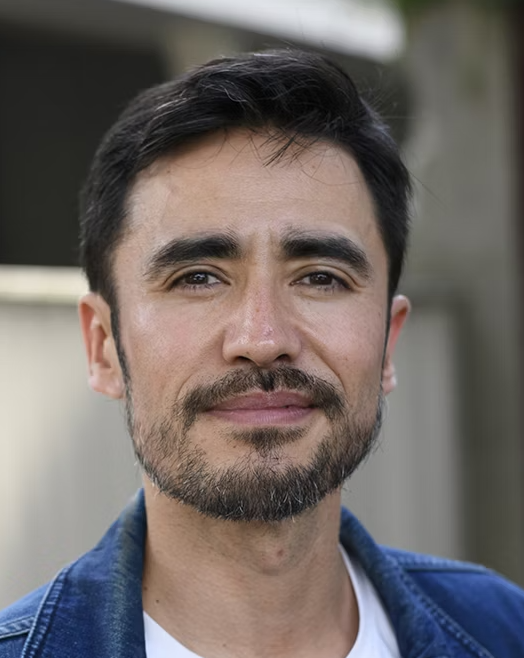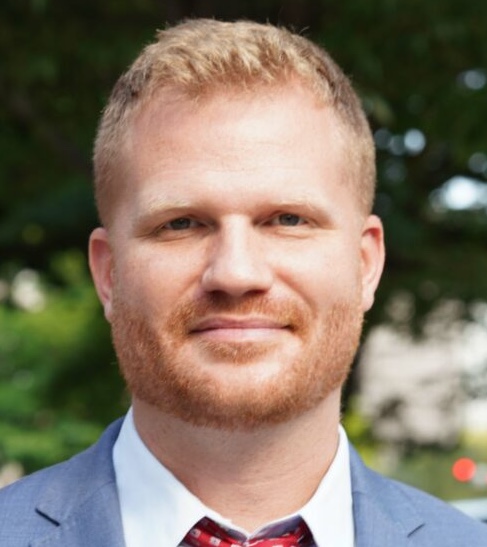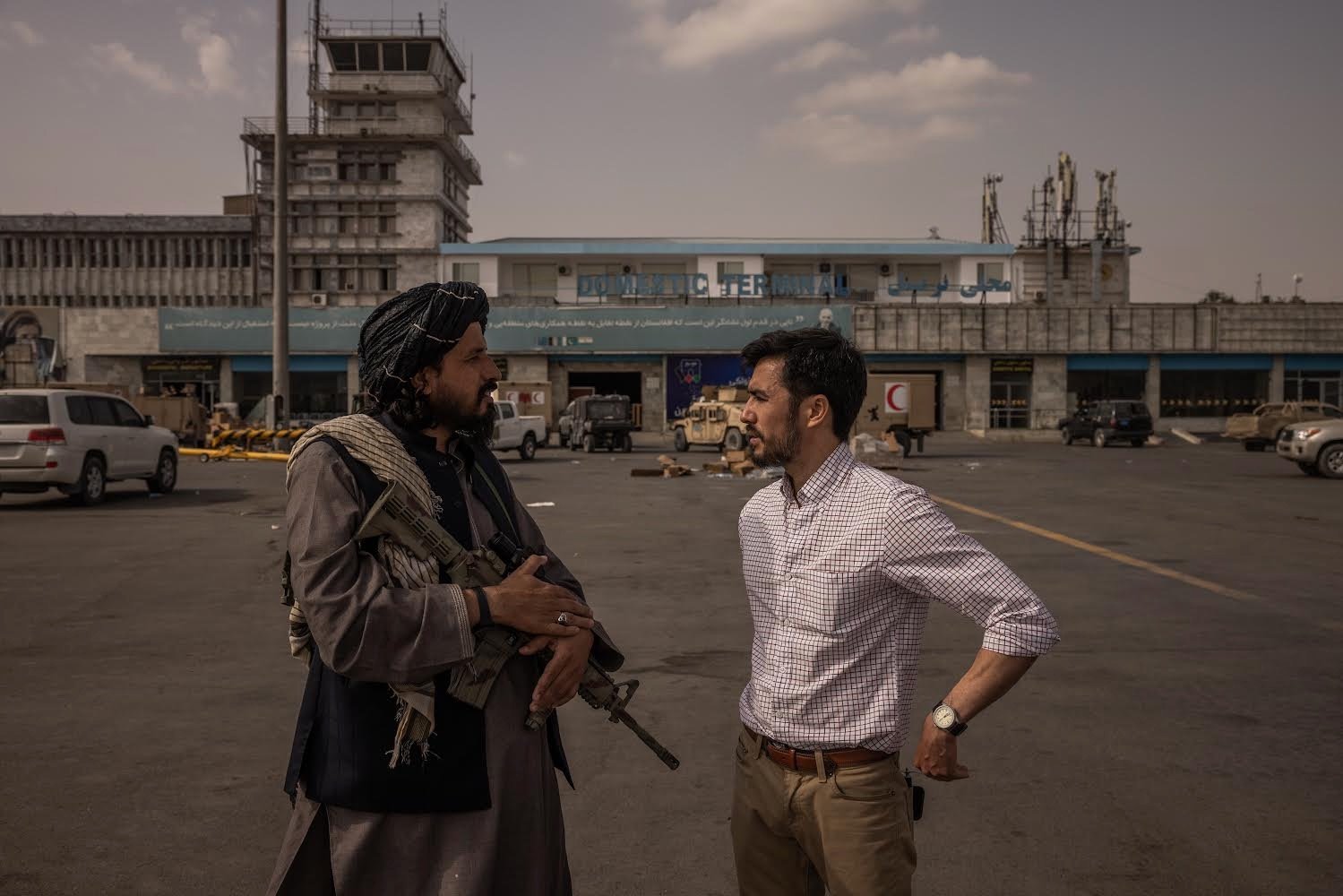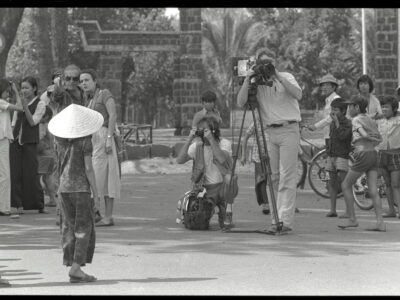What We Chose Not to See: Pulitzer Prize Winner Matthieu Aikins on War, Power, and Truth
In mid-May, Matthieu Aikins won the Pulitzer Prize for his searing investigation into how U.S. support for brutal warlords contributed to its own failure in Afghanistan, pushing civilians toward the Taliban. His New York Times reporting spotlighted Abdul Raziq, the notorious Kandahar police chief and later Afghan general, who became a symbol of fear and war crimes, despite being one of America’s key partners.
Join us as Adam Weinstein, deputy director of the Middle East program at the Quincy Institute, speaks with Matthieu on what it is like to report from Afghanistan under the Taliban, why the legacy of America’s 20-year war still matters, the scale of abuses that were covered up, and the lessons for U.S. involvement in conflicts around the world today.
Program
Countries/Territories
Entities
Panelists

Matthieu Aikins
Matthieu Aikins is a contributing writer for The New York Times Magazine and a fellow at Type Media Center who, since 2008, has been covering conflicts in Afghanistan and the Middle East by spending considerable time on the ground. His work has received National Magazine, Polk and Livingston awards. He was previously part of a New York Times team that won the 2022 Pulitzer for International Reporting for an investigation of civilian casualties from U.S. airstrikes. His first book, “The Naked Don’t Fear the Water,” is about an undercover journey to Europe with Afghan refugees.

Adam Weinstein
Adam Weinstein is deputy director of the Middle East Program at the Quincy Institute. He previously worked for KPMG’s international trade practice. Adam’s current research focuses on security, trade, and rule of law in Afghanistan, Pakistan, and the Middle East. He has conducted extensive research travel in Pakistan, Iraq, and the greater Middle East. He is also a non-resident fellow at Tabadlab, an Islamabad based think tank and advisory firm. Adam served as a U.S. Marine and deployed to Uruzgan Province Afghanistan in 2012.



